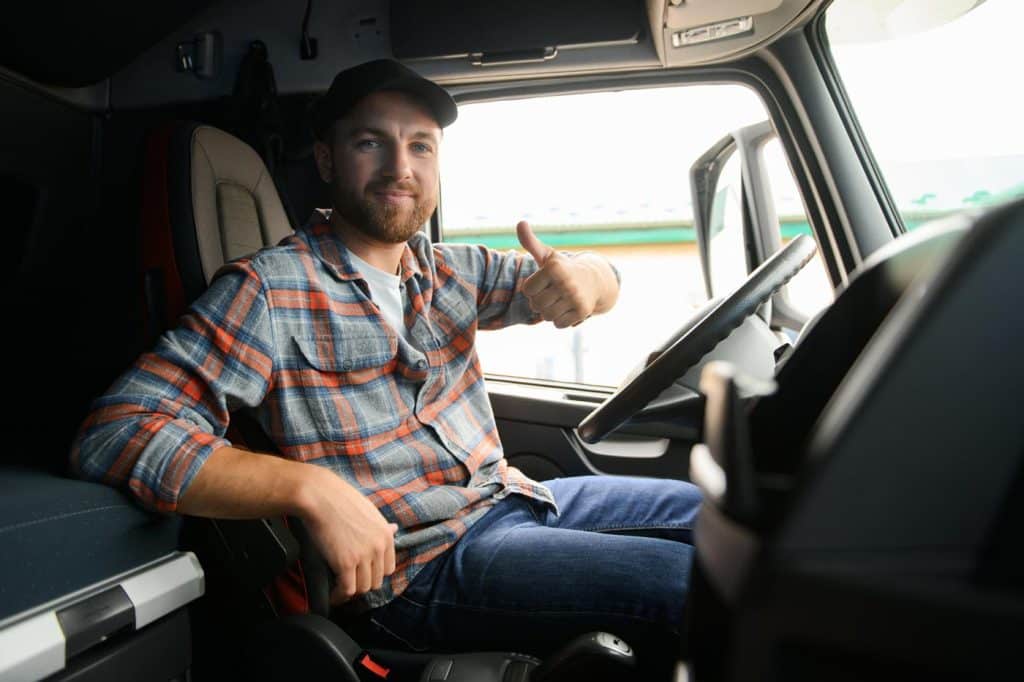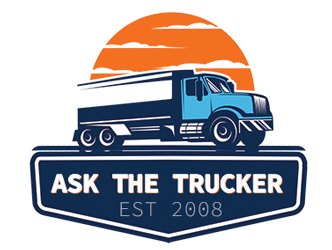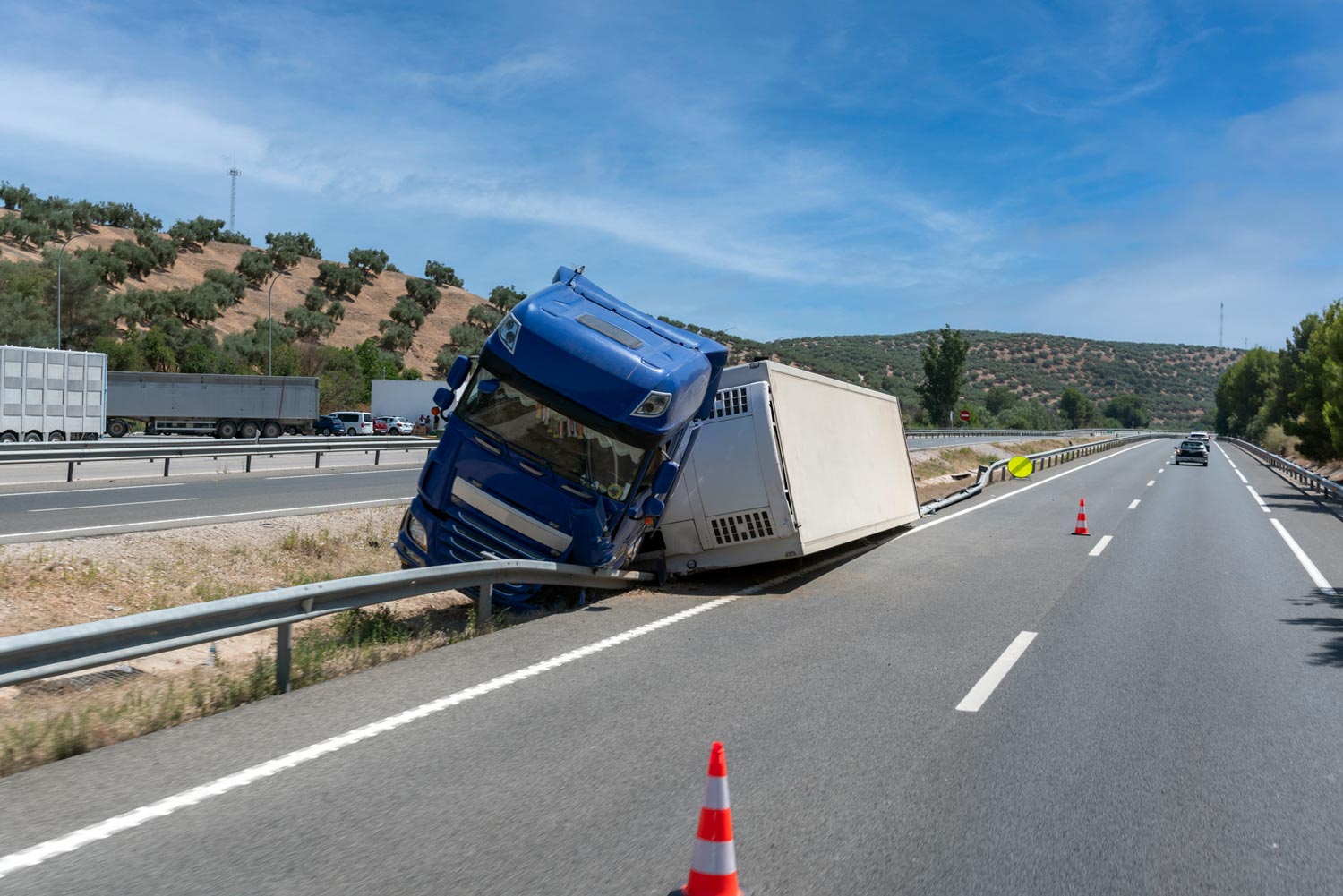What Happens When a Truck Driver Has an Accident?
Hopefully you are reading this guide as someone who either drives a semi-truck now, or is thinking about starting a career as a truck driver, and who has not yet been in an accident. But perhaps you are reading this after already getting into an accident.
If you have been in a trucking accident, one thing you will discover quickly is that determining fault is incredibly complicated.
This guide is going to explain to you what you can expect if you get into a trucking accident, and where you can get fast, reliable, affordable legal help.
How Common are Trucking Accidents?
Before we dive in, let’s start by answering a common question: “How many semi truck accidents per year occur?”
For trucking accident stats, we can turn to the Federal Motor Carrier Safety Administration (FMCSA). This data is for large trucks and buses in 2020.
FMCSA reports, “In 2020, 4,998 large trucks and buses were involved in fatal crashes, a 5-percent decrease from 2019. From 2019 to 2020, large truck and bus fatalities per 100 million vehicle miles traveled by all motor vehicles increased from 0.162 to 0.177, 14 percent below the 21st-century peak of 0.205 in 2000.”
FMCSA also reports, “The number of injury crashes involving large trucks or buses decreased steadily from 102,000 in 2002 to 60,000 in 2009 (a decline of 41 percent). From 2009 to 2015, injury crashes increased 62 percent to 97,000 (based on GES data). From 2016 to 2020, according to NHTSA’s CRSS data, large truck and bus injury crashes decreased 4 percent (from 112,000 in 2016 to 108,000 in 2020).”
Suffice to say, that is a lot of accidents. Thankfully, the overwhelming majority of trucking accidents are not fatal. But more than 4,998 trucks and buses involved in fatal crashes is still a lot. And injury crashes can still be devastating medically and financially. Sometimes they may even result in long-term medical expenses.
For that reason, it is essential not only to drive with solid insurance, but also to enlist the help of a great attorney if you do get into an accident.
Determining Fault in Trucking Accidents
With trucking accidents, it is especially challenging for a determination to be reached as to who is at fault (whether partially or fully).
Sometimes, the answer may seem obvious. Perhaps, for example, you clearly committed some kind of driving violation that directly caused the accident. In that case, you would probably be at fault.
But what if one of the parts on your truck failed? Well, if you are the owner-operator, that is still your fault. But if you are a company driver, it may be your company’s fault.
It might also be the company’s fault if the company has broken the law somehow (i.e. by making you drive more than the legally mandated maximum hours, leading to fatigue that caused your mistake).
Then again, perhaps the part failed because it was manufactured incorrectly. At that point, fault might fall upon the part manufacturer.
There are other parties that might also be at fault, like maintenance companies or someone who inspected or loaded the truck.
To make matters even more complicated, as a driver, you will have contracts with the companies you work with. Similarly, the companies will have contracts with maintenance companies and customers. These contracts can impact who is at fault in a trucking accident.
Naturally, there is also the possibility that part of the fault lies with another driver who was also involved in the accident.
You can see why you absolutely need an attorney for a trucking accident! Trying to wade through all of the possibilities on your own would be nigh impossible if you do not have some kind of legal training.
What to Expect if You Get Into an Accident While Trucking

If you get into a trucking accident, here is what you can expect to happen next.
1. After you get into a trucking accident, you should call 911 for serious injuries, just as you would if you got into a regular automobile accident.
You also will need to exchange vehicle registration numbers and legal names with those of other drivers involved in the crash.
If there is more than $1,000 in damages, you will have to report the accident to the DMV.
Finally, you may need to contact Highway Patrol. This is necessary if there are any injuries, even if they are not severe enough to warrant medical attention.
Highway Patrol or the cops can help you document evidence at the scene. But it is wise to double up on these efforts by gathering your own evidence too, if possible.
Is there a pedestrian nearby who witnessed the accident, or another driver who ended up pulling over to assist? Get their contact info so they can corroborate your claims if necessary.
2. The FMCSA may order a drug test, depending on the circumstances. Obviously, if you do not come up clean, that will have a negative impact on your situation.
3. Following your call to 911, you should immediately call a truck accident attorney.
4. If you are clearly injured, definitely go to urgent care. Get them to write down everything carefully, both about the state of your body and the state of your mind.
What if you think you are not injured? Do not make assumptions. Still go to urgent care if you can. You may be surprised.
5. The attorney will begin investigating the matter to try and determine who is at fault.
6. You will also be in contact with insurance companies during this process. These may include not only your own insurance company (or companies), but possibly those of other drivers. Your employer’s insurance companies might get involved too.
Just because you pay your insurance company premiums, do not expect them to be on your side. Often, they will side against you. Remember, it is in their interest to avoid paying out if possible.
7. Get an appraisal.
You will need to find out how much it is likely to cost to repair your own vehicle. This requires you to go to a body shop for an appraisal.
8. Your lawyer will walk you through the rest of the process. Eventually, you and the other parties involved in the accident will reach a settlement.
If you are determined to be at fault, you will be the one who needs to pay the settlement. The lawyer will work to keep the amount you owe as low as possible.
If you are determined not to be at fault, you may be the one who is owed all or part of the settlement from the at-fault party. The lawyer will work to make this amount as large as possible.
A Word of Caution
Throughout the entire process above, make sure you do not admit fault at any point, whether or not you believe you were at fault.
For one thing, you might actually not be at fault even in situations where you believe you are. For another, admitting fault may result in a fast decision against you for the maximum settlement amount.
It can be especially difficult not to try and take responsibility for what you think you may have caused or contributed to if you tend to be an honest person.
But you should keep your mouth shut, no matter what you are feeling, and let the lawyer advocate for you. Otherwise, other parties may take advantage of your good nature.
Be very careful of any documents the trucking party, insurance company or other involved parties give you to sign! Sometimes, signing the documents will amount to admitting fault. Take the documents to your lawyer and let them deal with them. Do not sign them.
If your accident makes news headlines or circulates in social media, do not comment. And be sure you do not originate posts about your accident either. You might be surprised at some of the ways it can be argued that you admitted fault through these types of posts and comments.

